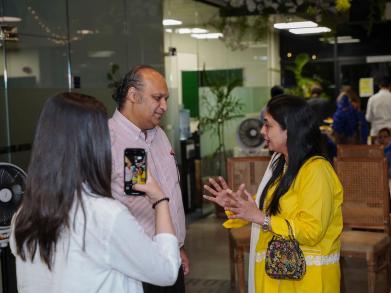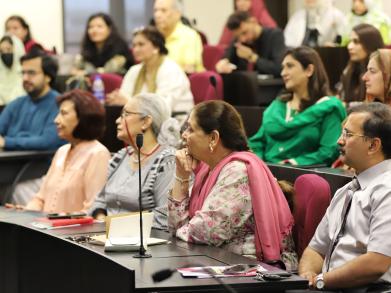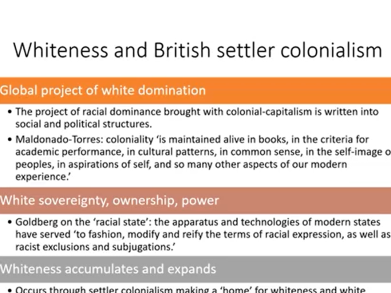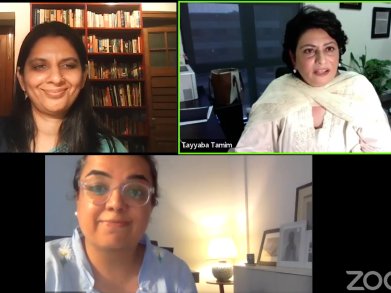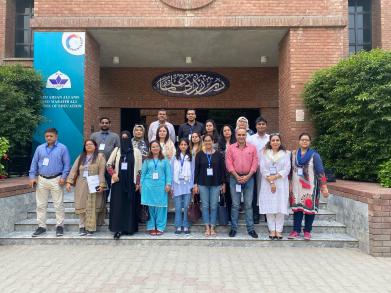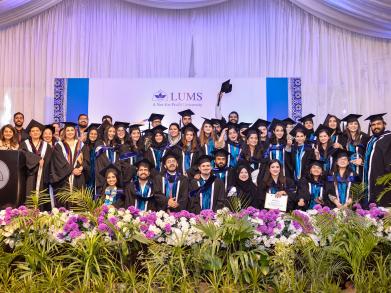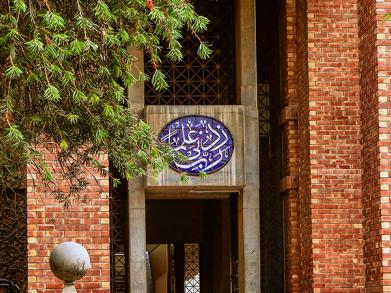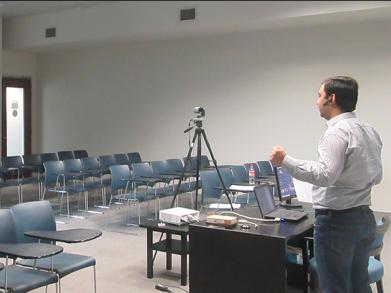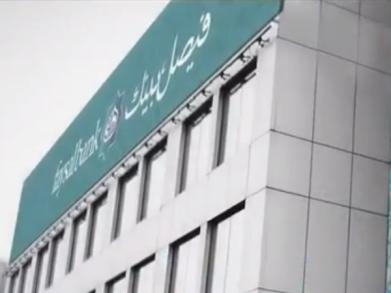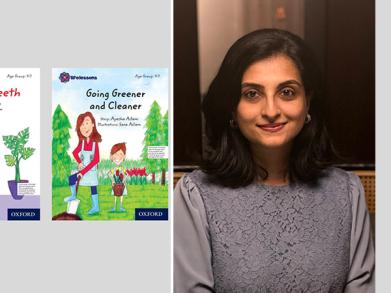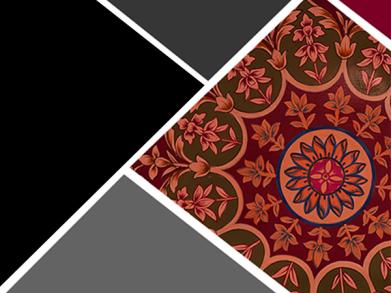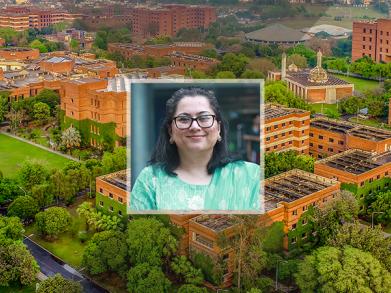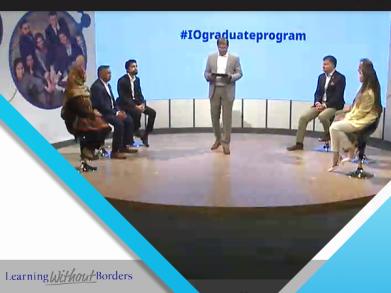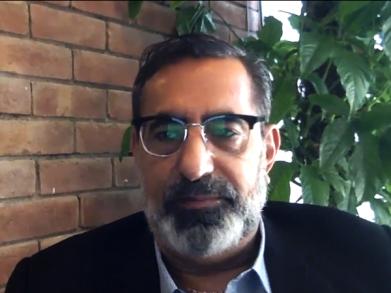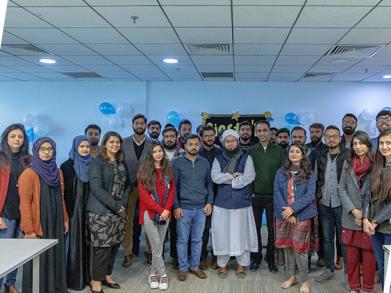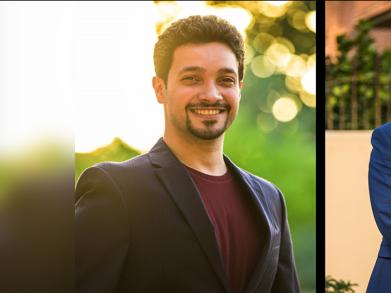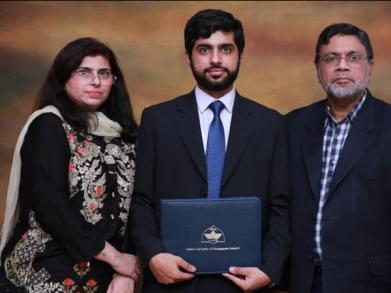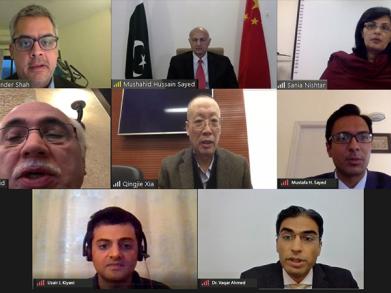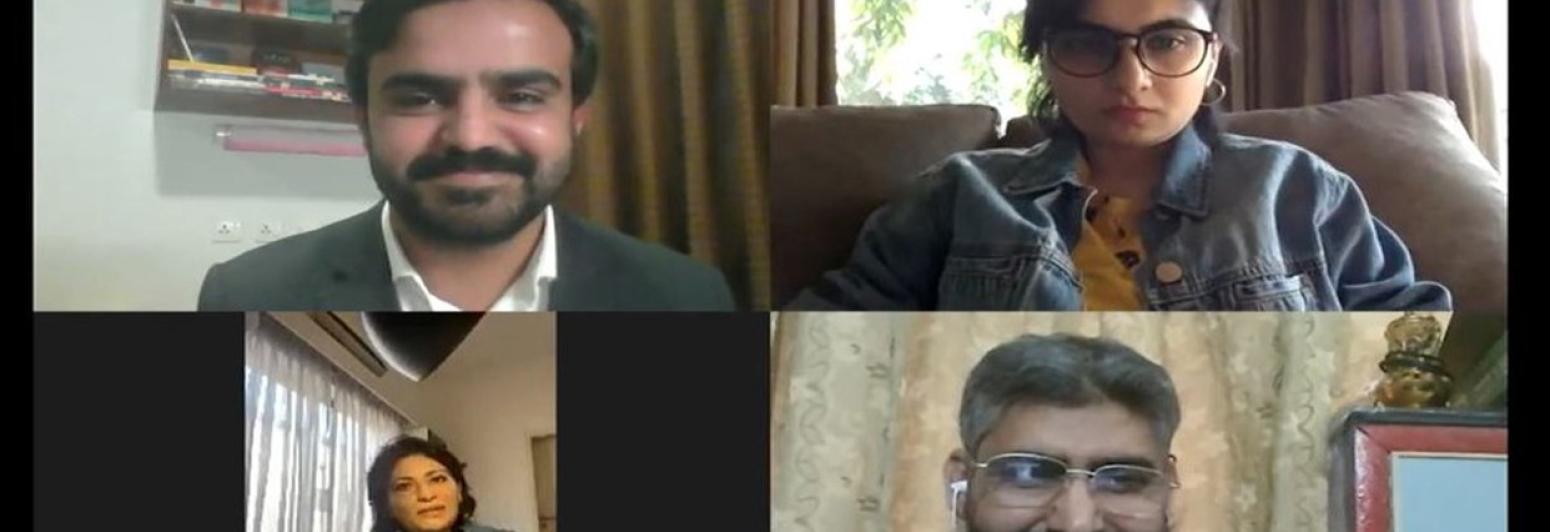
to
On March 4, 2021, as a part of the Models of Educational Innovation series, SOE hosted its first session of the semester with Shahid Rasheed, Principal of Zaawiya Trust School. Zaawiya is a residential school that provides children a conducive learning environment to hone their skills and talents. Other than standard subjects, students have the opportunity to study a variety of languages as well as calligraphy, astronomy and poetry through multiple informal and engaging ways. Zaawiya aims to nurture children through holistic education to become caring, empathetic and accepting individuals as members of the society. In future, Zaawiya also plans to construct a purpose-built campus to create space for an authentic environment of learning.
The discussion opened up with a focus on three different aspects of the school; the rationale for Zaawiya, the current status of the school and its aspirations for the future. The school’s model draws its inspiration from the idea that challenges posed through modernity in the post-colonization era have led to a divide between educational institutions and it’s become increasingly necessary to bridge the gap between traditional and modern forms of education. Grounded in theories by Tagore and Abdul Ghaffar “Badshah” Khan, Zaawiya aims to provide a holistic and alternate education by not only having children learn from books but by also providing a connection with nature and society.
Zaawiya initially started off with 20 students, most of whom were from villages, with little to no means to afford school fees. Over time, the school has expanded to enroll 70 students and hopes to acquire more land to build a new campus to accommodate a larger student body. Zaawiya deeply emphasizes on student-teacher relationships to establish a culture of openness and honesty. The school also has a teacher-centered approach which the speaker described as essential to the learning of both the student as well as the teacher.
The Q&A session catered to queries regarding the model and the curriculum. The moderators and students asked about how prioritization of topics takes place as part of deciding a curriculum and how the curriculum caters to both the ability to take national level exams as well as the ability to understand social issues such as gender, race etc. Various other topics were discussed regarding informal trainings of teachers to help them prepare for their lectures and the speaker emphasized on ultimately creating an environment, where not only teachers and students are learning, but other staff (janitors, cleaners, cooks) is also exposed to this method of learning and all those present at the school are able to eventually adopt a practice aimed at continuous self-improvement.



